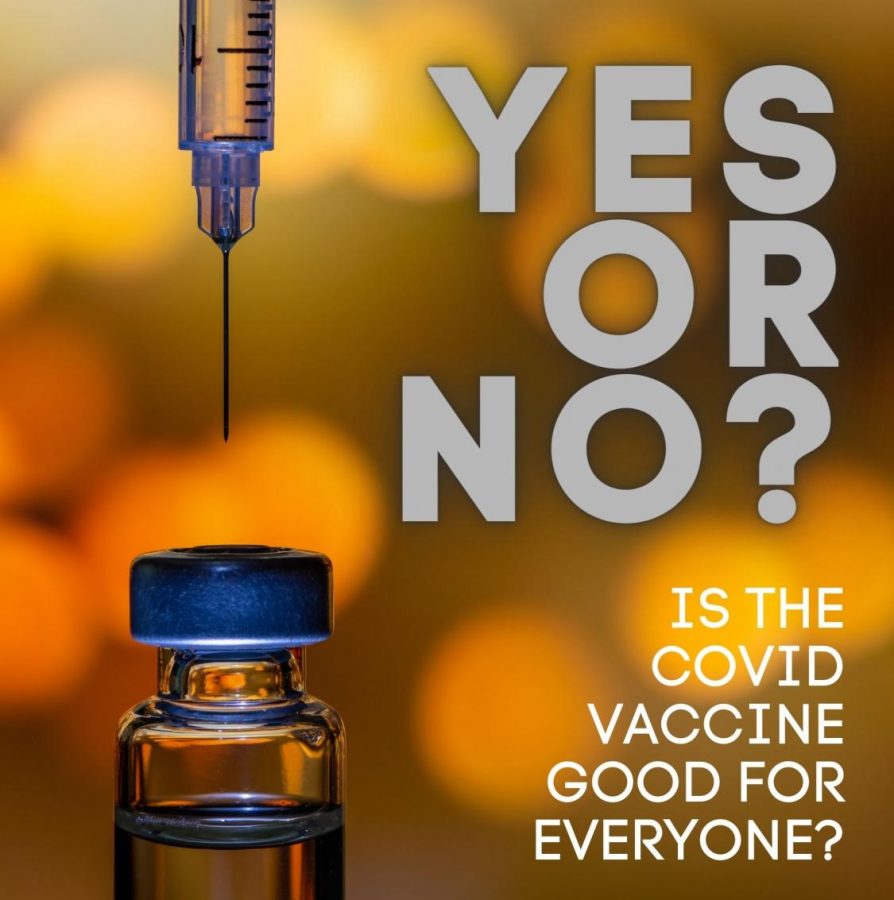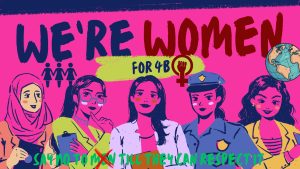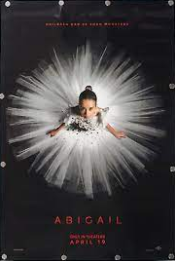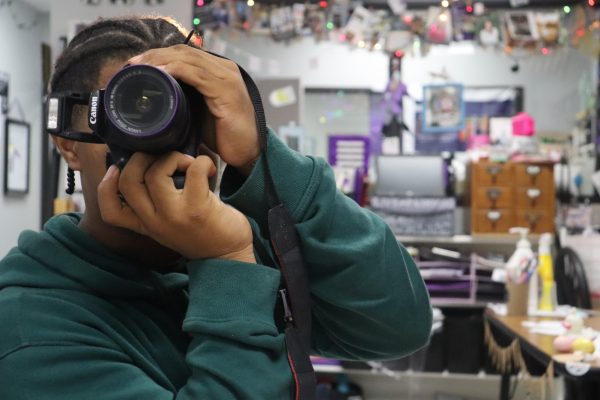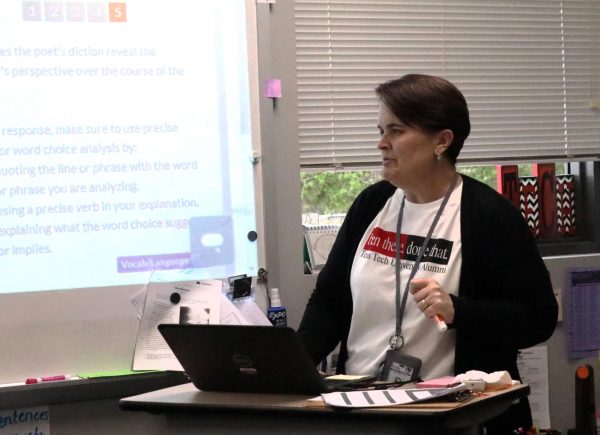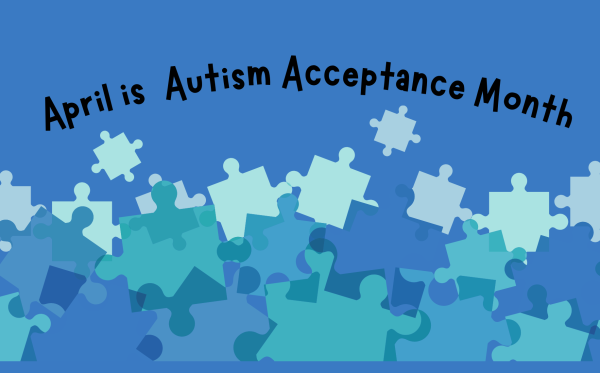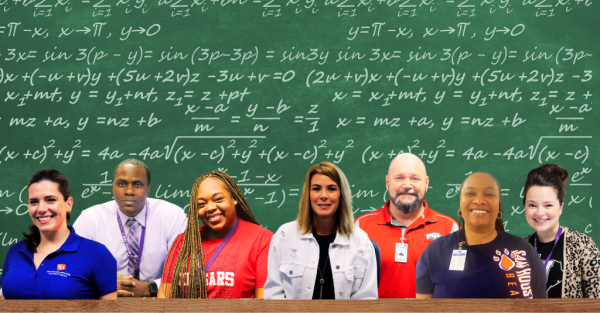COVID vaccine risks may shadow benefits
photo or infographic by Emily Meachen
ARE YOU READY? As the COVID vaccine rolls out in the US, Americans must decide if they are ready.
Dec 10, 2020
There are a lot of questions about the COVID-19 vaccine and many are worried that the vaccine won’t help the body but instead will hurt the body more. This week, the first vaccines were given in the UK and the vaccine will soon be distributed in the United States. The goal for each of them is to teach the immune systems how to recognize and fight the virus that causes COVID-19. The question facing most Americans is yes or no. Does the unknown risks of this vaccine outweigh the positive?
Tests have shown that the body takes a couple of weeks to build immunity after vaccination. The COVID-19 vaccine will not make the body completely immune to catching the virus, therefore this vaccine will not completely protect the body from the disease. The COVID-19 vaccine can also be used by people who have already caught the coronavirus. However, due to the severe health risks associated with COVID-19 and the major fact that the opportunity for re-infection of the coronavirus is possible while taking the vaccine, experts do not know how long immunity produced by vaccination lasts until consumption of the vaccine.
Both natural immunity and vaccine-induced immunity are very important aspects of COVID-19 that a lot of experts are trying to discover and learn more about. The coronavirus affects people in many different forms, some have mild-illness, and others could have severe illness. This COVID-19 vaccination is supposed to protect people by creating an antibody response without having to experience sickness. However, this vaccination doesn’t prevent anyone from catching the actual coronavirus while obtaining the vaccine within the body. So there is a risk that along with the vaccine that contains the coronavirus, the actual virus itself could also enter the body’s respiratory system at the same time.
COVID-19 develops a complication within the body known as Acute Respiratory Distress Syndrome(ARDS). With ARDS people lose the ability to breathe regularly, also known as respiratory failure that results from severe inflammation in the lungs. This Covid-19 vaccine is classified as a messenger ribonucleic acid, also known as mRNA, this mRNA vaccine is not able to alter or modify a person’s genetic makeup (DNA). The mRNA from a COVID-19 vaccine never enters the nucleus of the cell, which is where the DNA is stored. This means the mRNA does not affect or interact with DNA in any way. Instead, the COVID-19 vaccines that use mRNA work with the body’s natural defenses to safely develop protection (immunity) to disease.
There is still work on developing plans to assess vaccine effectiveness, which means how well the vaccines protect against COVID-19 under real-life conditions. This situation continues to change, and planning will progress as more information about any authorized or approved vaccinations become available. A safe and effective COVID-19 vaccine is a critical component of the United State’s strategy to reduce COVID-19 -related illnesses, hospitalizations, and death to help society function as it did before the pandemic.
The goal of the United States government is to have enough COVID-19 vaccine doses for all the people in the United States who will want to be vaccinated. As the vaccine rolls out before Christmas for healthcare professionals and residents of nursing homes, Americans must decide if the vaccine is for them. It is truly a personal decision. All citizens must do their own research and decide if the benefits are worth the unknown risks.


